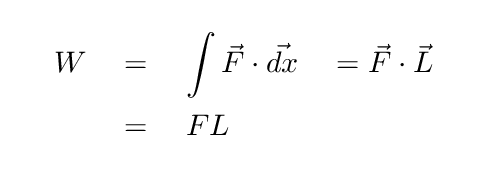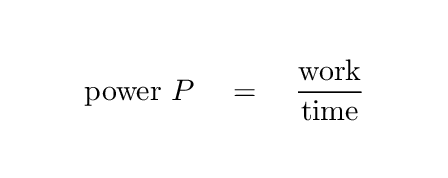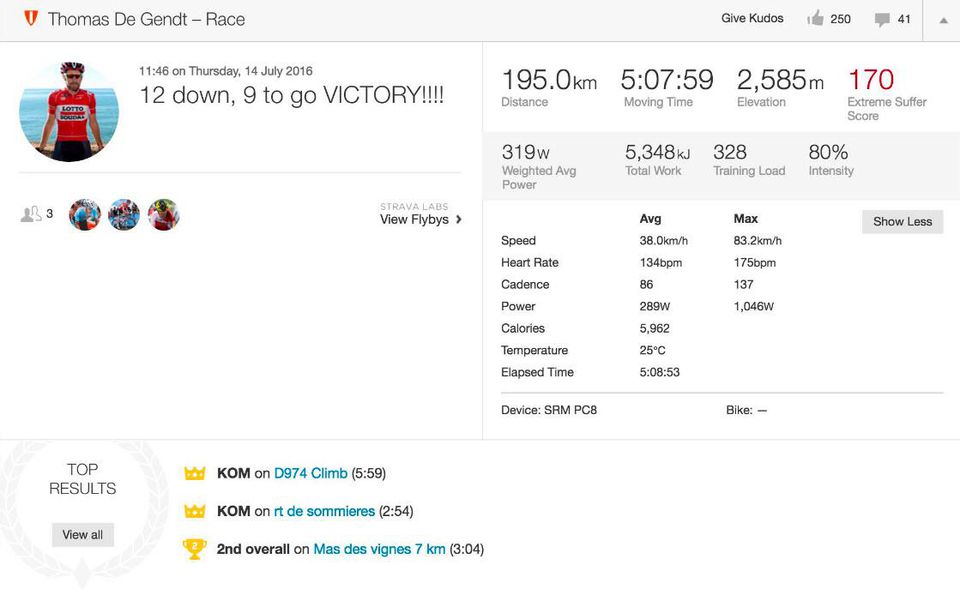
 Copyright © Michael Richmond.
This work is licensed under a Creative Commons License.
Copyright © Michael Richmond.
This work is licensed under a Creative Commons License.
Work is a measure of energy. If I lift a book of mass m = 1 kg upward a distance of L = 1 m against the force of gravity, I need to produce

a total of 9.8 Joules of work. Fine.
But it takes the same amount of energy whether I lift the book quickly, in just 1 second, or if I very very sl-o-o-o-o-wly raise the book over 20 seconds. The same number of Joules, yes .... but something is different.
The difference there is in the RATE at which I do work. We have a name for the rate at which energy is used: power.

Q: What are the units of power?
Let's see how much power a person can produce. We'll run an experiment:
Q: How much work does A do?
How much work does B do?
Q: How much power does A produce?
How much power does B produce?
After we've made the measurements and computed the power of our student volunteer, we can compare it to the power produced by a horse. You may have heard of a "horsepower" -- it is based on the amount of work that a horse could do over an entire day. In metric terms, one horsepower is about 746 Watts.
Is either of our volunteers as powerful as one horse?
Some humans really can produce as much power as a horse, at least over short bursts. The Belgian cyclist Thomas de Gendt won Stage 12 of the 2016 Giro d'Italia on Mount Ventoux with a herculean effort.

Image courtesy of
an article on Forbes.com
 Copyright © Michael Richmond.
This work is licensed under a Creative Commons License.
Copyright © Michael Richmond.
This work is licensed under a Creative Commons License.